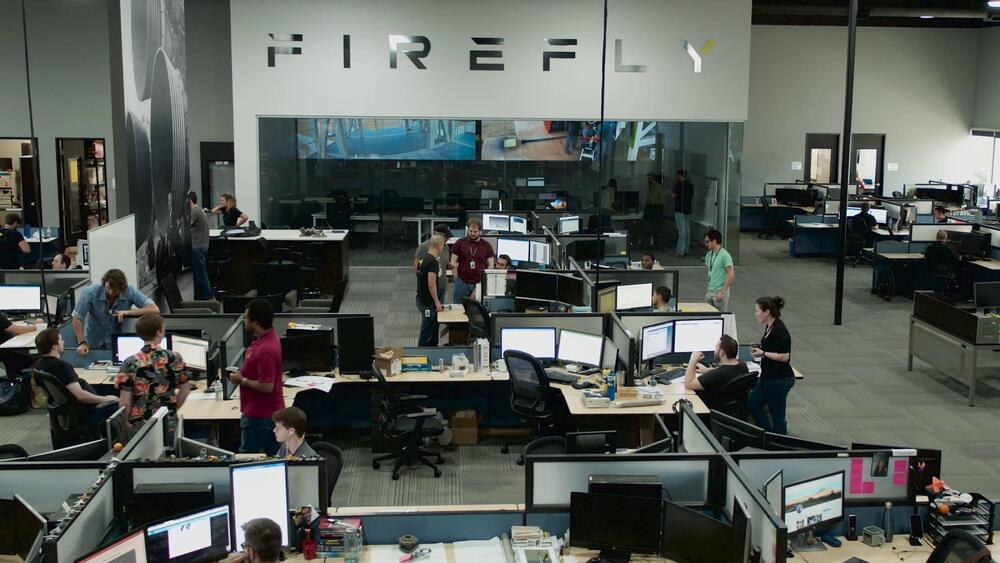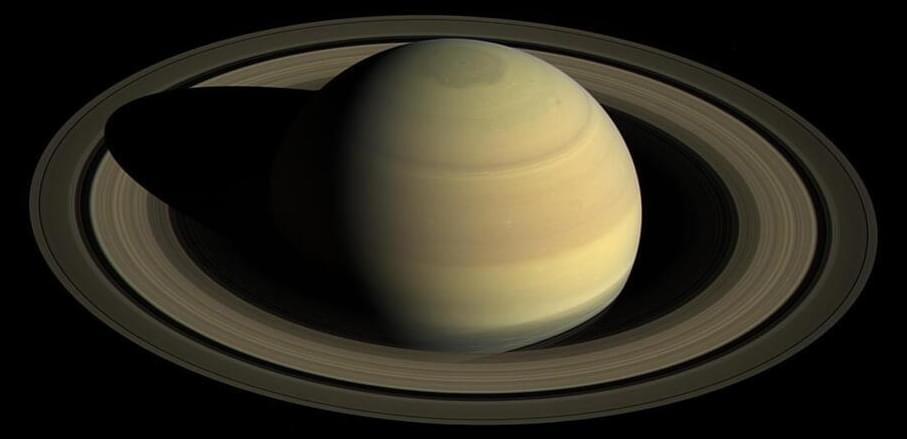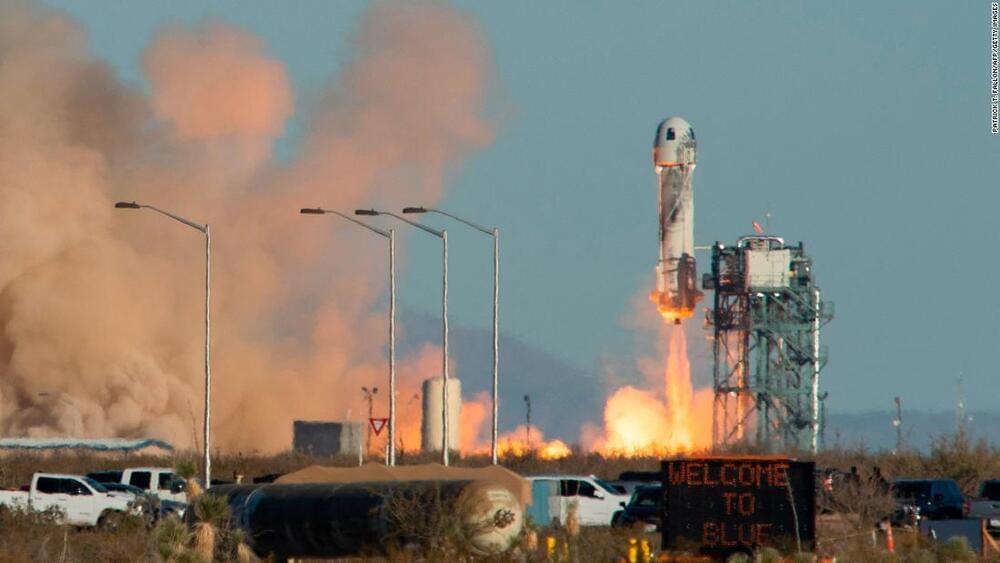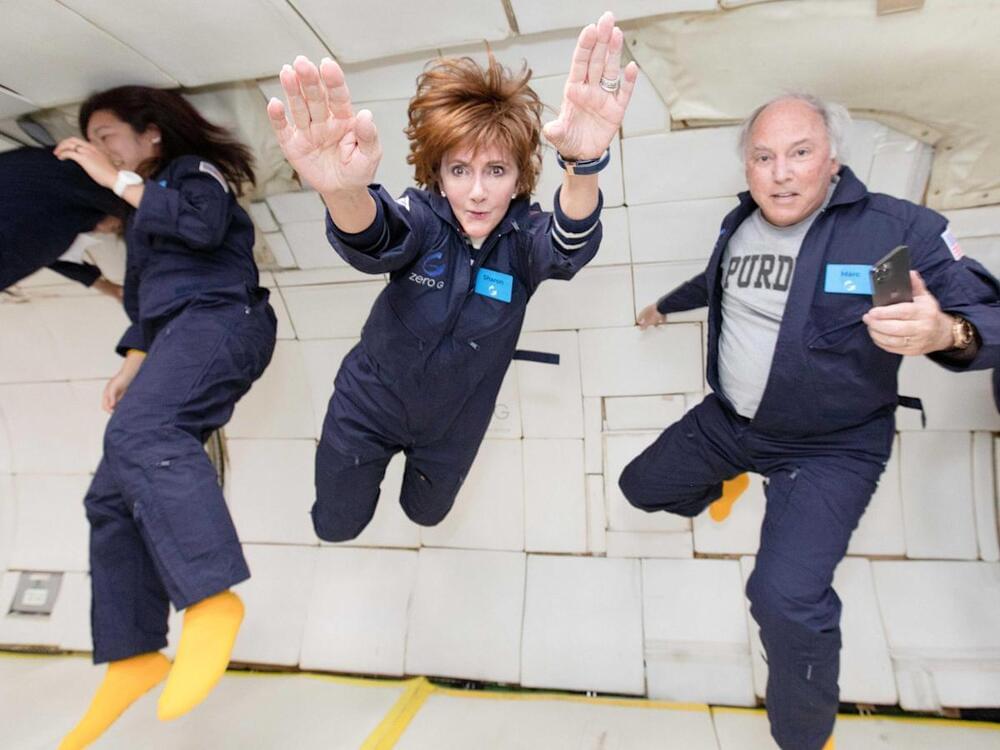Last September, the company launched its inaugural rocket but it was intentionally exploded minutes after lifting off.
Category: space travel – Page 198

Austin-area-based Firefly Aerospace gets new owner, gears up for 2nd launch
Firefly Aerospace has a new majority owner as the Central Texas-based aerospace company prepares for its second rocket launch.
AE Industrial Partners, a private equity firm, has acquired a majority stake in Firefly Aerospace, the company announced.
The Cedar-Park-based company also raised $75 million in a funding round led by AE Industrial Partners. Firefly said it now estimates its valuation at more than $1 billion.


Here’s who’s flying on Thursday’s Blue Origin space launch
Pete Davidson was initially slated to be the next headline-grabbing name to take flight aboard the suborbital space tourism rocket developed by Jeff Bezos’ company, Blue Origin, after the commercial space company launched several other famous faces on its previous flights.
But the comedian abruptly dropped out of the mission after a schedule change pushed the flight back by a week. His seat was given to longtime company employee Gary Lai, the chief architect of the very rocket he’ll fly on. Lai will be joined by five paying customers who had the means to dish out an undisclosed sum for one of the coveted crew capsule seats.
Liftoff of the New Shepard launch vehicle had been scheduled for Tuesday morning, but the company said that it’s expecting rough winds at its facilities near Van Horn, Texas at that time. Blue Origin is now targeting Thursday at 8:30 am CT. Those interested in catching the action — which is expected to look much like Blue Origin’s three earlier suborbital jaunts — can tune into Blue Origin’s webcast Thursday morning.
SpaceX drops Starship SN20 from the first orbital flight test for a new prototype
SpaceX CEO Elon Musk drops some key new information about the first Starship orbital flight test timeline and dropping SN20 prototype from this test.
SpaceX has been preparing for the first Starship orbital flight test since the last year. But this experiment is getting delayed due to one reason or another as time elapsed.
Initially, SpaceX wanted to perform the first Starship orbital flight experiment with the more stable and tested SN20 prototype (aka Ship 20).
Talking to SpaceX fans on Twitter earlier this week, Elon Musk confirmed that the first orbital flight will not be conducted on the SN20 prototype anymore. A prototype will be used from the existing SN21 or SN22 or a new one will be built for the purpose.


8 NASA concepts that could unlock new secrets about the universe
Each year, the NASA Innovative Advanced Concepts (NIAC) program awards grants to researchers to develop the next generation of technology that will help us explore cosmic unknowns.
From the oceans of Europa to the atmosphere of Venus, these inventions funded by NASA could propel space exploration even further.


Elon Musk Spearheads Idea That People Want A Replacement For Twitter
Elon Musk is one of the revolutionary figures in the world. Almost all of his ventures, such as SpaceX, Tesla and The Boring Company, are about making a difference in their own right. Musk has been a champion for all things alternative, whether it comes to cars or currency. However, he could trigger another great replacement.
